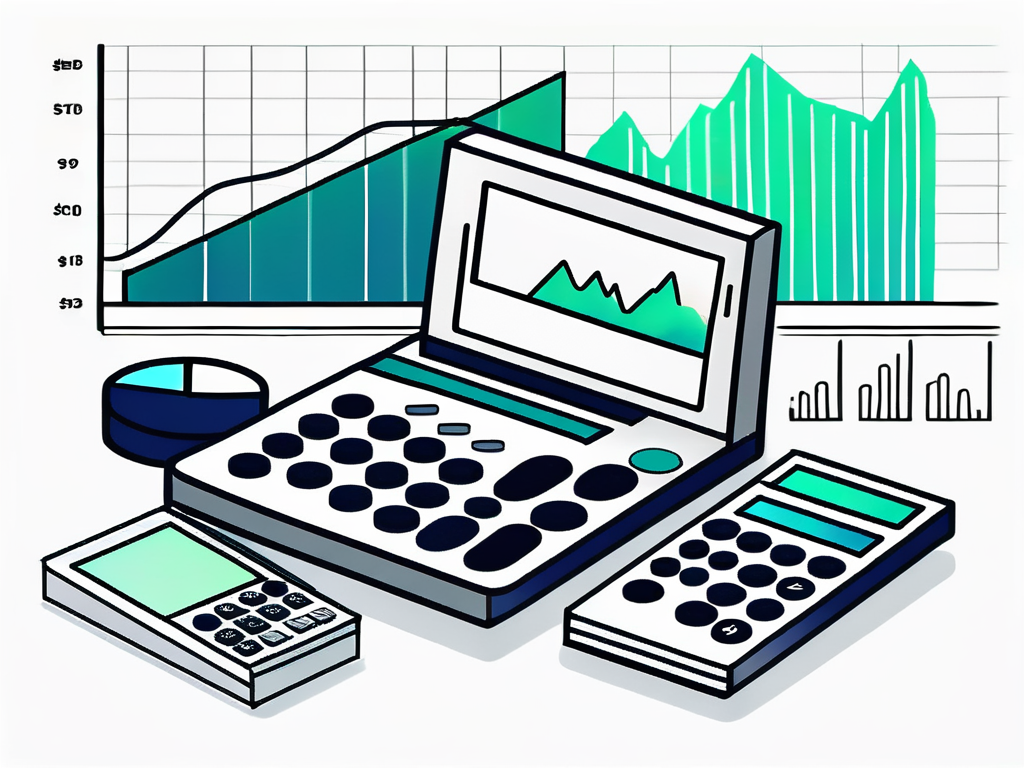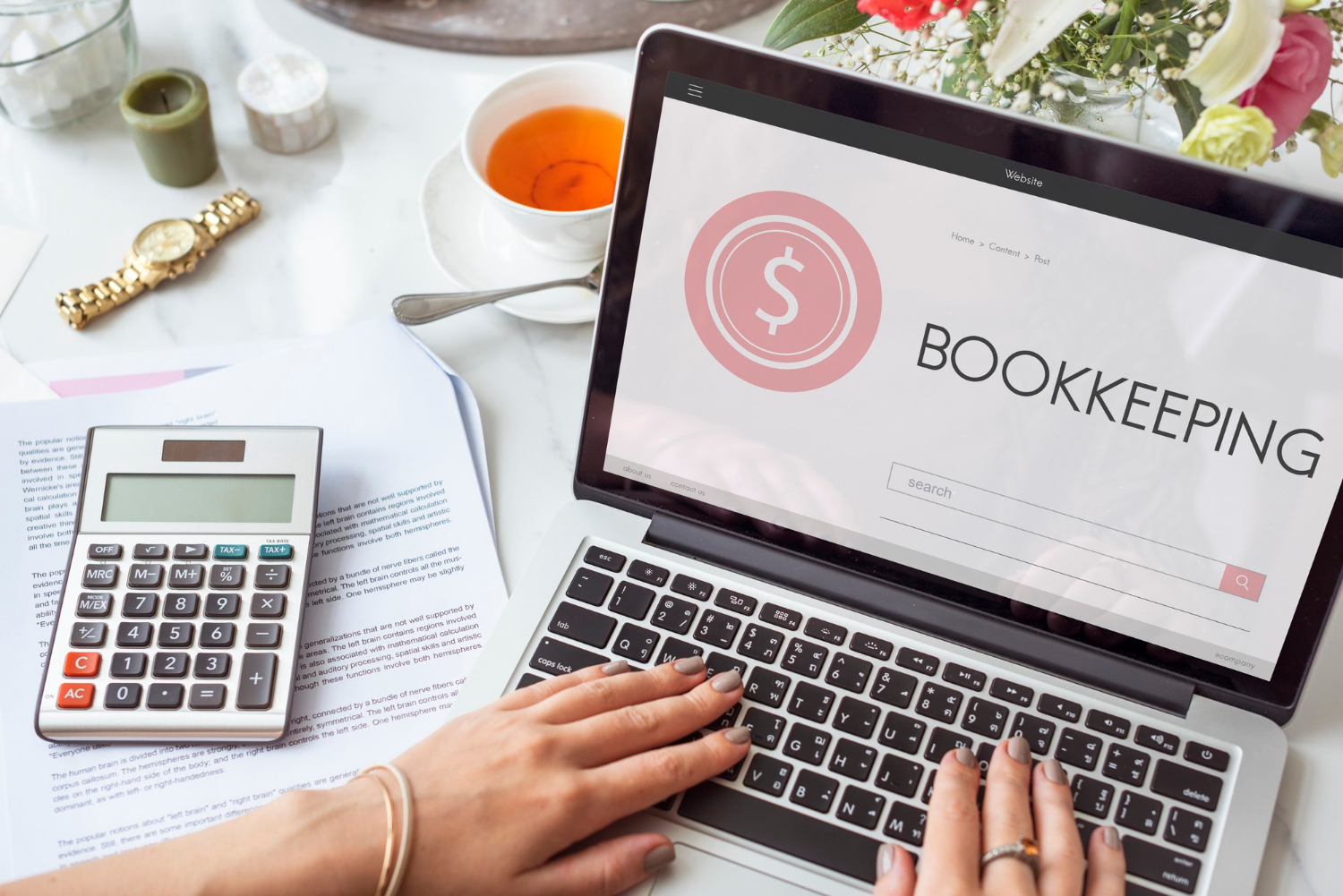Welcome to the wild, wacky, and oh-so-wonderful world of bookkeeping! If you’re a small business owner, you might be thinking, “Bookkeeping? Isn’t that just for librarians?” No, my friend, it’s not. But don’t worry, we’re here to break it down for you, CPA style. Buckle up, because we’re about to dive into the financial deep end!
Now, you might be wondering, “What’s a CPA?” It’s not a Certified Party Animal, although that does sound like a fun job. No, a CPA is a Certified Public Accountant. They’re like the superheroes of the financial world, swooping in to save the day with their calculators and spreadsheets. But we’ll get to that later. For now, let’s start with the basics of bookkeeping.
What is Bookkeeping?
Bookkeeping, contrary to popular belief, is not the act of keeping books. You won’t find any bookkeepers hoarding novels or textbooks. Instead, bookkeeping is all about recording and organizing a business’s financial transactions. It’s like the diary of your business, but instead of teenage angst and secret crushes, it’s filled with numbers and dollar signs.

Every time money enters or leaves your business, a bookkeeper records it. They’re like the financial paparazzi, always watching, always recording. But instead of selling their photos to tabloids, they’re helping you keep track of your business’s financial health. It’s less glamorous, sure, but way more useful.
The Importance of Bookkeeping
Why is bookkeeping important, you ask? Well, imagine trying to bake a cake without a recipe. You’re just throwing in ingredients willy-nilly, hoping it turns out okay. That’s what running a business without bookkeeping is like. It’s a recipe for disaster.
With proper bookkeeping, you can track your income and expenses, see where your money is going, and make informed decisions about your business. It’s like having a financial GPS, guiding you towards success. Without it, you’re just driving blindfolded, hoping you don’t crash into bankruptcy.
Types of Bookkeeping
There are two main types of bookkeeping: single-entry and double-entry. Single-entry is like the diet version of bookkeeping. It’s simpler, but it doesn’t give you the full picture. It’s great for very small businesses or solo entrepreneurs, but as your business grows, you’ll want to upgrade to double-entry bookkeeping.
Double-entry bookkeeping is like the full-fat version of bookkeeping. It’s more complex, but it gives you a much more detailed view of your finances. Every transaction is recorded twice, once as a debit and once as a credit. It’s like having a financial mirror, reflecting every aspect of your business’s money movements.
What is a Small Business CPA?
A small business CPA is like a financial wizard. They can turn your messy pile of receipts and invoices into a clear, organized financial statement. They can help you navigate the labyrinth of tax laws, and they can even help you plan for the future of your business. They’re like a financial Swiss Army knife, equipped with all the tools you need to manage your money.
But a CPA is more than just a bookkeeper. They’re also financial advisors, tax experts, and business strategists. They can help you understand your financial reports, plan for tax season, and make strategic decisions to grow your business. They’re like the Yoda of finance, guiding you with their wisdom and expertise.
The Role of a CPA in Bookkeeping
A CPA plays a crucial role in bookkeeping. They’re like the conductor of your financial orchestra, making sure every instrument (or in this case, transaction) is playing in harmony. They ensure that your financial records are accurate, complete, and compliant with laws and regulations.
But a CPA does more than just keep your books. They also analyze your financial data, helping you understand what it means for your business. They can identify trends, spot potential problems, and provide advice to help you make the best financial decisions. They’re like a financial detective, uncovering the secrets hidden in your numbers.
Benefits of Hiring a CPA
Hiring a CPA for your small business is like hiring a personal trainer for your finances. They can help you get your financial health in shape, teach you how to maintain it, and push you to reach new financial goals. They can save you time, save you money, and even save you from potential legal issues.
But the benefits of hiring a CPA go beyond just the financial. A good CPA can also provide peace of mind. Knowing that a professional is handling your finances can relieve stress and allow you to focus on what you do best: running your business. It’s like having a financial bodyguard, protecting your business from financial threats.
Conclusion
So there you have it, folks. Bookkeeping and small business CPAs, explained in all their number-crunching glory. Whether you’re a seasoned business owner or just starting out, understanding these concepts is crucial to your business’s success. So embrace the world of debits, credits, and balance sheets. After all, in the world of business, knowledge is power. And money. Mostly money.
Remember, a good CPA is worth their weight in gold. Or in this case, worth their weight in tax deductions. So don’t be afraid to invest in one. Your business, and your sanity, will thank you. Now go forth and conquer the financial world, one spreadsheet at a time!


